di.versify
Posted by Daniela Elza on Jun 01 2010
The writing practice is riddled with tensions and paradoxes. It has to constantly resist the categories we try to define it with, the definitions we wrap it in. I know when we talk about anything we have to have these dichotomies, these classifications. Yet, they divide our world and blind us to its wholeness, its seamlessness.
I prefer not to sepa.rate slam poetry from print poetry, from sang, from danced, from rhymed. One school of poetry from another. While that can perhaps serve our egos’ need for neat taxonomies, give us some com.fort of belonging and being in control, it impoverishes the rest of us (and by that I mean the rest of each of us).
I do not want to prioritize, give any one of them more importance than the other. Heck, I have a hard time defining my poetry. And I would like to keep it that way. The moment I try, I feel I have already crippled it, narrowed its s.cope. Belittled the effort. And if we write to fit the cate.gories we have created? Well, is that not a nice little trap we have set ourselves?
If it moves me, if it takes me places, if it in.spires me, if it grabs me by the throat, if it emb.races me, if it fills me with awe as to how the writer manages to pull the th.read of being through language to st.itch a poem, it has my vote. How can I judge if it will do the same for another.
All too easily we can get carried away further into defining some as simple or primitive, others as complex or advanced (whether that is qualifying poetry or the audience). I hear you say: But, for the pur.pose of scholarship and reference they are necessary. Yes, these are the terms we work with, but inevitably once we s.tart playing into them, and believing these categories are real, they also warp our th.inking. Let us remember why they are there. They help make an institution of poetry.
The more I think of it the more I realize how poetry itself pushes these boundaries and divisions, rebels against them at every turn, not the least of which is reminding us of the wholeness, and seamlessness of the world. My motto is: di.versify. The writing of poetry is an expression of, and a practicing of, my freedom as a creative indivi.dual. There are many expressions and forms this practice takes. Language (as we know it) may or may not be part of that expression. It just happens to be p.art of mine.
The offering of poetry to another for me is the acknowledgement of another’s right to their freedom. A kind of re.cognition/verification of another’s equal intelligence. I do not have to worry about what a listener gets, understands, or doubt that they do. They will grok something, make some kind of meaning, any kind of meaning. If we have learned one thing about the mind it is that it will make meaning. Why do I have to be in control of that? What kind offering is this? Giving with one hand, taking away with the other? Offe.ring my poetry is a kind of trust in another.
If someone doesn’t get my poem I am not going to think they are not smart enough, schooled enough, sensitive enough or whatever-else-we-come-up-with enough. Perhaps it is not their thing. Or, I could have done a better job translating my poem into the word.
Finding poetry that resonates is perhaps like looking for a friend. We do not give up on looking just because we have come across many people who cannot move us into friendship. But when we find a good friend, they could be a friend, not only for life, but life affirming, and life giving. And they will defy definition.
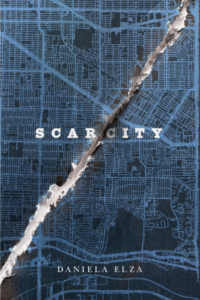
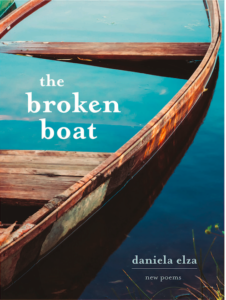
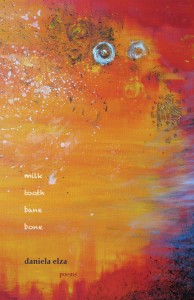

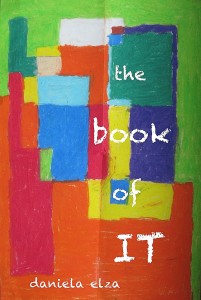
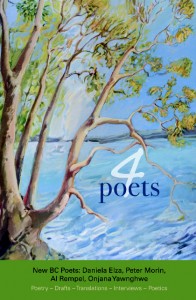
June 4th, 2010 at 11:38 am
It’s great to see the word ‘grok’ in your post. I’m sure Robert Heinlein would be hon.oured by this mention.